As a female growing up, it would be fair to say I’ve lived a rather privileged life. Privilege, however, is a loaded word. By definition, it means a special right or advantage granted or available only to a particular person or group. Well, as a group, women’s privileges have come at a price. Some years back, to put women and privilege in one sentence must have been an odd thing. How I’d like to put it is, I’ve lived a fairly more privileged life than many women. However, the hardships that women have had to face throughout centuries have not been alien to me either. So, when I speak here about women, I take the responsibility of speaking for all women, privileged or not.
As a student of English Literature, I delved into the pages of Alice Munro's "Lives of Girls and Women" and uncovered a recurring theme—the arduous transition from girlhood to womanhood. This struggle resonates universally among females, regardless of their cultural or geographical background. During the pandemic, I had the opportunity to engage in a workshop led by journalist Masuma Ahuja, where I connected with girls from diverse corners of the world. This experience illuminated the significance of providing a voice to women globally. It became evident that storytelling holds incredible power, particularly when it becomes a vehicle for voicing the experiences of the unheard.
At the tender age of 16, I was still navigating the path to womanhood myself. Yet, the desire to advocate for women's voices had ignited within me. In a classroom discussion centered on Rajeshwari Sunder Rajan's "Real and Imagined Woman," a thought-provoking question was posed: "Who do you believe a real woman is?" In my view, a real woman is anyone whom a woman aspires to be.
This perspective on womanhood transcends the boundaries of time and culture. It champions the idea that the essence of being a woman is not confined to predetermined roles or expectations. Instead, it acknowledges the agency of each woman to define her own identity and pursue her unique aspirations.
In a world marked by shifting paradigms and evolving definitions of gender and identity, the concept of privilege takes on new dimensions. While some women, like myself, have enjoyed privileges that have eased our paths in life, it is essential to remember that these privileges have not come without struggle or sacrifice.
The historical backdrop against which women's rights have evolved serves as a stark reminder of the hardships endured by our predecessors. Generations of women fought tenaciously for the rights we often take for granted today. From the suffragettes who championed the right to vote to the activists who continue to fight for gender equality, the journey has been far from easy.
The privilege I acknowledge is not one of unearned entitlement but rather an acknowledgment of the progress achieved through the struggles of those who came before me. It is an invitation to carry the torch forward, to amplify the voices of women who remain marginalized, and to work towards a more equitable world.
In recent years, the power of storytelling as a means of empowerment has become increasingly evident. Narratives have the ability to bridge divides, shatter stereotypes, and illuminate shared experiences. It is through stories that women can articulate their unique journeys, challenges, and triumphs, fostering connections and understanding across cultures and backgrounds.
One of the most profound realizations I have had is that the responsibility of speaking for all women, whether privileged or not, is not a burden but a privilege in itself. It is a privilege to use one's voice to shed light on the diverse experiences of women and to advocate for the right of every woman to define her own path.
As I reflect on my own journey, from that workshop with girls from around the world to my encounters with literature that explores the complexities of womanhood, I am reminded of the transformative power of these experiences. They have shaped my perspective and fueled my desire to contribute to the ongoing discourse on women's rights and gender equality.
In conclusion, the path to womanhood is marked by both privilege and hardship. Recognizing one's privilege is not a dismissal of the challenges women face but a call to action. It is a reminder that we stand on the shoulders of those who paved the way for us and that we have a responsibility to uplift the voices of all women.
A real woman, as I believe, is anyone a woman aspires to be. She is not bound by societal expectations or predefined roles. She is defined by her dreams, ambitions, and the choices she makes along her unique journey. In embracing this definition, we celebrate the diversity of womanhood and honor the resilience and strength of women everywhere.




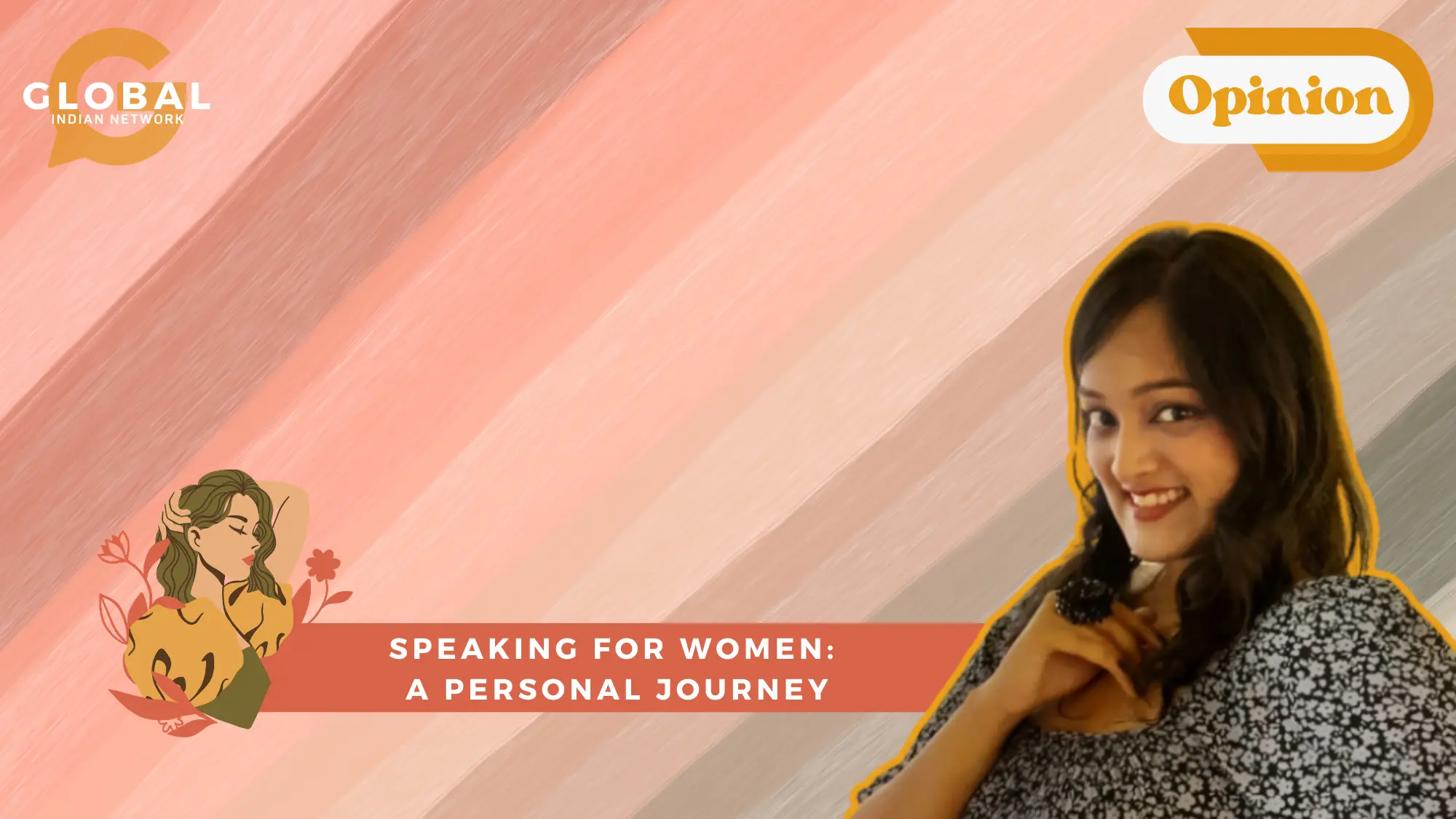

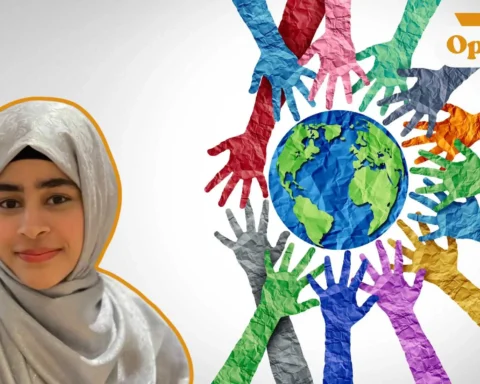
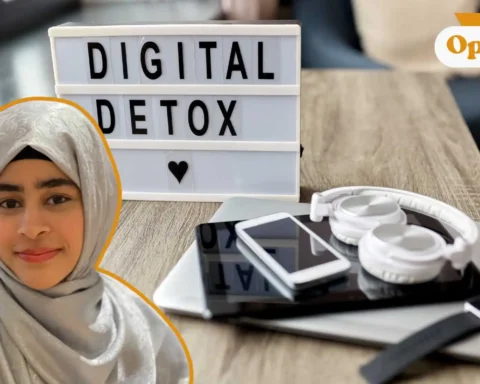
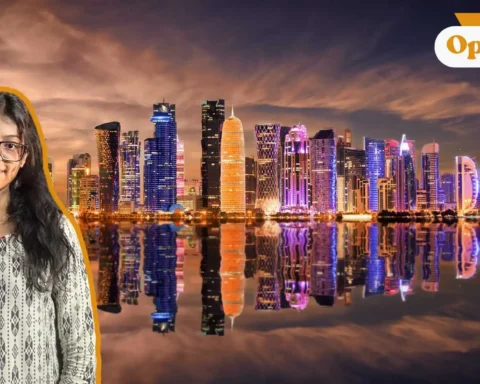
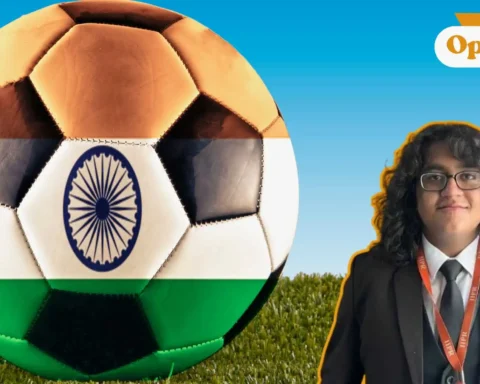

Great stuff, Very Well articulated and thought out piece of work highlighting some very great ideas, Well done!
[…] the 21st century, the status of women in society, including their social, economic and physical well-being, has become a marker of social […]